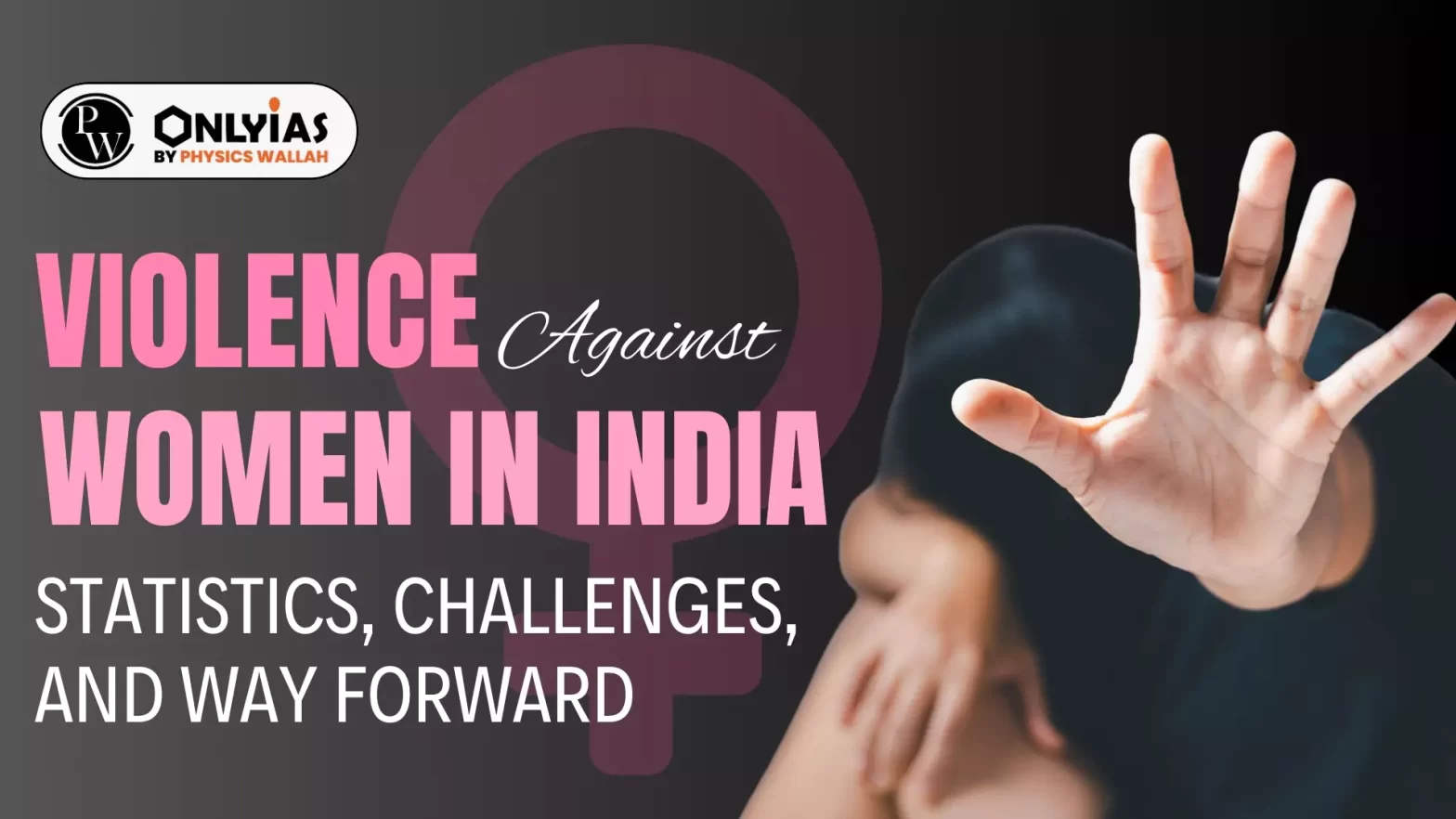![]() 19 Mar 2024
19 Mar 2024

This editorial is based on the news “Violence, homelessness, and women’s mental health” which was published in the Hindu. There is a recursive interaction between violence against women, homelessness, and mental health almost universally.
| Relevancy for Prelims: Women Safety In India, NCRB Report 2022 On Crime In India, Prevalence Of Mental Disorders In India, and Parliamentary Committee Report On Mental Health Care.
Relevancy for Mains: Mechanisms, Laws ,Institutions and Bodies constituted for the protection and betterment of these vulnerable sections. |
|---|
| Must Read | |
| NCERT Notes For UPSC | UPSC Daily Current Affairs |
| UPSC Blogs | UPSC Daily Editorials |
| Daily Current Affairs Quiz | Daily Main Answer Writing |
| UPSC Mains Previous Year Papers | UPSC Test Series 2024 |

<div class="new-fform">
</div>